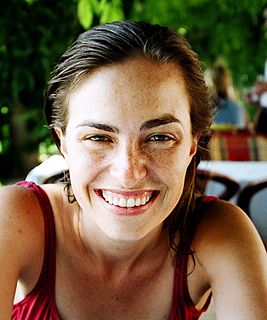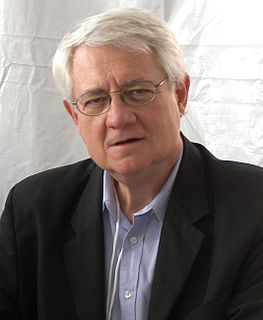A Quote by Margaret Atwood
Victorian literature was my subject at Harvard.
Quote Topics
Related Quotes
Books should confuse. Literature abhors the typical. Literature flows to the particular, the mundane, the greasiness of paper, the taste of warm beer, the smell of onion or quince. Auden has a line: "Ports have names they call the sea." Just so will literature describe life familiarly, regionally, in terms life is accustomed to use -- high or low matters not. Literature cannot by this impulse betray the grandeur of its subject -- there is only one subject: What it feels like to be alive. Nothing is irrelevant. Nothing is typical.
I would not say that Harvard possesses any sort of absolute dominance. And I personally do not take the rankings of schools all that seriously. However, I think that Harvard's global visibility increased significantly in the 1930s and 1940s and that the new commitment to excellence at Harvard spread to other institutions.



































